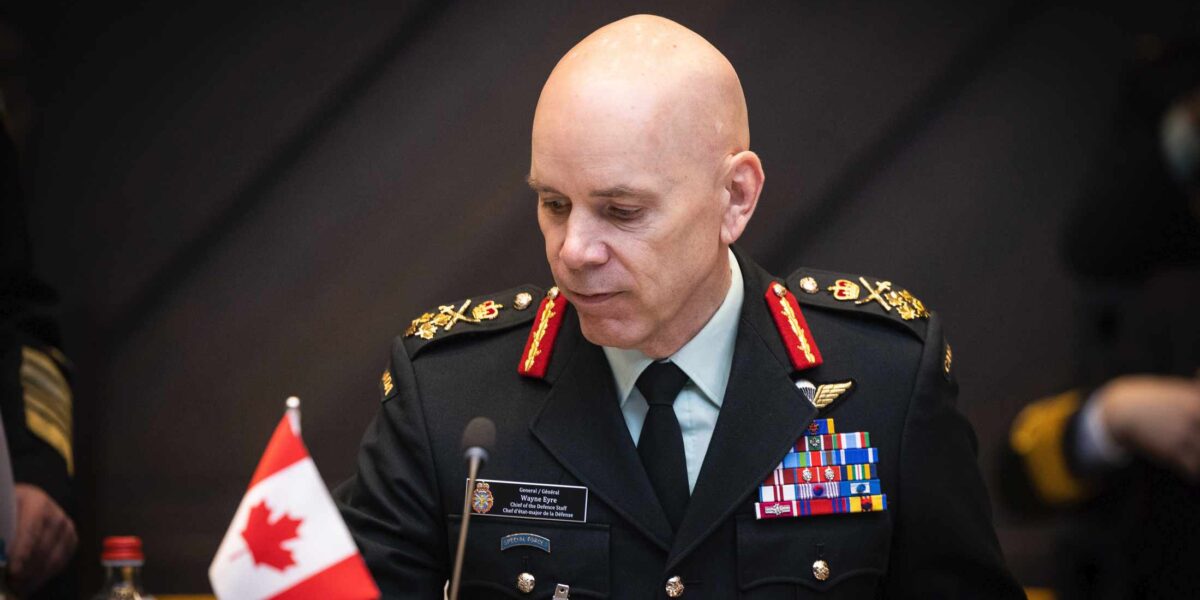This week, a Canadian Armed Forces (CAF) ombudsman released findings from a review of the military grievance process. He found that, because compensation and benefits are Treasury Board-approved policies, the military grievance process cannot provide redress for issues related to pay.
“Compensation and benefits” is the second most common category for grievances filed by members of the military, preceded only by “Careers.”
As a result of the CAF’s limited authority on pay issues, members wait months or even years only to hear that the military grievance process cannot provide them redress. In 2023, it took an average of 1,155 calendar days for grievances to be resolved when it had to go through the Military Grievance External Review Committee. For issues that did not have to be referred to this committee, processing took an average of 815 calendar days.
CAF ombudsman Gregory A. Lick is recommending the military develop a method to address compensation issues and create a process to communicate with the Treasury Board about problems affecting its members.
“Our recommendations complement ongoing initiatives within the CAF and could help rectify the inequity CAF members face,” Lick said in a press release.
Military personnel cannot form unions. When issues arise, members must file grievances individually. These conditions leave CAF members heavily dependent on a military grievance process that has already been proven ineffective.
Capacity for addressing recurring issues that affect many workers is limited because CAF does not currently have a mechanism to track patterns and trends across grievances.
Lick recommended that CAF begin tracking grievances so its submissions to Treasury Board highlight the problems raised by workers and it can provide evidence-based input for policy reviews.
The military is in the midst of reconstitution efforts after a 2022 directive from the Senate committee on National Security and Veteran Affairs. The aim is to grow the military so that it meets its staffing targets.
In 2023, Chief of Defence Staff General Wayne Eyre told the House of Commons committee on national defence the military was short more than 16,000 personnel. In the 2021-22 fiscal year, a little more than 8,000 people joined the Regular Force and Primary Reserve. The next fiscal year, intake dropped to about 7,100. Improving the military grievance process could attract and retain the personnel needed.
“Military complaint mechanisms enable decision-makers to affect systemic change and to modernize personnel policies,” Lick wrote in his report. “Our recommendations, if implemented, will bring lasting improvements for the welfare of CAF members and equitable treatment to resolve compensation and benefits issues.”
Did you enjoy this article? Coverage on stories like this one is only made possible by your generous support. If you appreciate the work rabble does, please consider gifting a one-time or monthly donation during rabble.ca’s summer fundraiser here.



